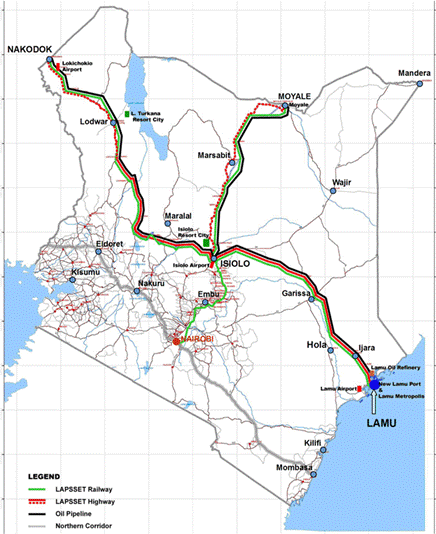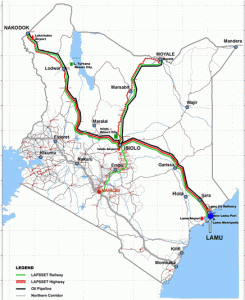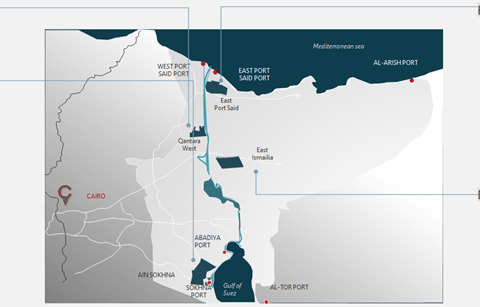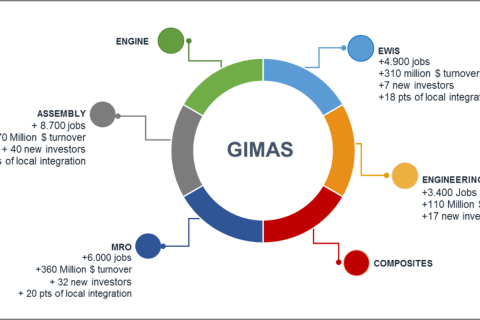
The LAPSSET Corridor (Lamu Port–South Sudan–Ethiopia Transport Corridor) is Kenya’s largest infrastructure project ever and one of the most ambitious in Africa. Designed to transform trade and regional integration, this mega-project aims to connect the Indian Ocean port of Lamu to landlocked areas in the continent’s interior, including South Sudan and Ethiopia.

The project includes a comprehensive infrastructure package: a deep-water port in Lamu, pipelines to transport oil from South Sudan and northern Kenya, a standard railway linking Lamu to Isiolo and then to the Ethiopian and South Sudanese borders, modern highways, as well as special economic zones and airports. The entire corridor is expected to span more than 2,000 kilometers of transport routes.
LAPSSET’s primary objective is twofold. First, it allows Kenya to diversify its port infrastructure by reducing dependence on the currently congested port of Mombasa. Second, it provides a maritime gateway to landlocked neighboring countries such as Ethiopia and South Sudan, facilitating their exports and imports. LAPSSET thus aims to become an engine of growth for the region, stimulating trade, investment, and industrialization.
The total cost of the project is estimated at more than $25 billion. Its financing is based on a complex arrangement combining Kenyan public resources, public-private partnerships, and foreign investment, particularly from China and the UAE.
Since the project’s official launch in 2012, several components have already been completed. Lamu Port welcomed its first commercial vessel in 2021. Road sections have been built, and railway work is underway, although it has encountered delays. The project is progressing in stages, facing financial, logistical, and security challenges, particularly in sensitive border areas.
LAPSSET also sparks debate over its environmental and social impact: the construction of the port and infrastructure threatens certain sensitive coastal ecosystems and affects local communities (fishermen, livestock farmers) who fear being marginalized. The project is therefore a test of the ability of the region’s states to reconcile economic development, social inclusion, and environmental preservation.
If successfully completed, LAPSSET could permanently change the economic map of East Africa, making Kenya a regional logistics hub and opening new horizons for its neighbors.



